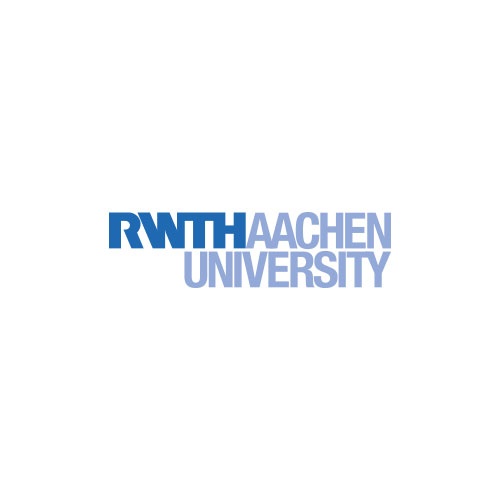RWTH: Closer Collaboration With Partners in West Africa
Representatives of RWTH Aachen University, the University of Rostock, and Forschungszentrum Jülich recently went to West Africa. During this delegation, the Chair of the Board of Directors of Forschungszentrum Jülich Professor Wolfgang Marquardt signed an agreement in Accra (Ghana) to expand the collaboration with West African universities and WASCAL (West African Science Service Centre on Climate Change and Adapted Land Use).
A key part of the collaboration is the International Masters Programme in Energy and Green Hydrogen (IMP-EGH). With this program, WASCAL, Aachen, and Jülich want to train students from 15 different West African countries for the future topic of green hydrogen. The German Federal Ministry of Education and Research (BMBF) is initially providing funding of eight million euros for the two-year course of study until 2025 as part of its energy research program Innovations for the Energy Transition.
In the master’s degree program, which started in 2021, African students are educated on the basis of international standards and best-practice cases. In six different specializations, they focus on economics, solar energy, and green hydrogen technology, among others. As part of the program, professors from Germany teach courses in West Africa. In the fourth semester, the students will then come to Germany and research and write up their thesis here.
West Africa has enormous potential when it comes to generating solar and wind energy and producing green hydrogen from it – more than the region itself needs. The area could export sustainable hydrogen on a large scale in the future. Against this background, the H2 Atlas Africa was created in recent years: it is a tool that provides guidance for decision-makers from politics and industry. The project is coordinated by Jülich-based scientist Dr. Solomon Agbo. Last year, an interactive hydrogen tool was published online as the “centerpiece” of the project, which clearly presents the results of the individual regions processed for the network and updates them as soon as new data are available.

